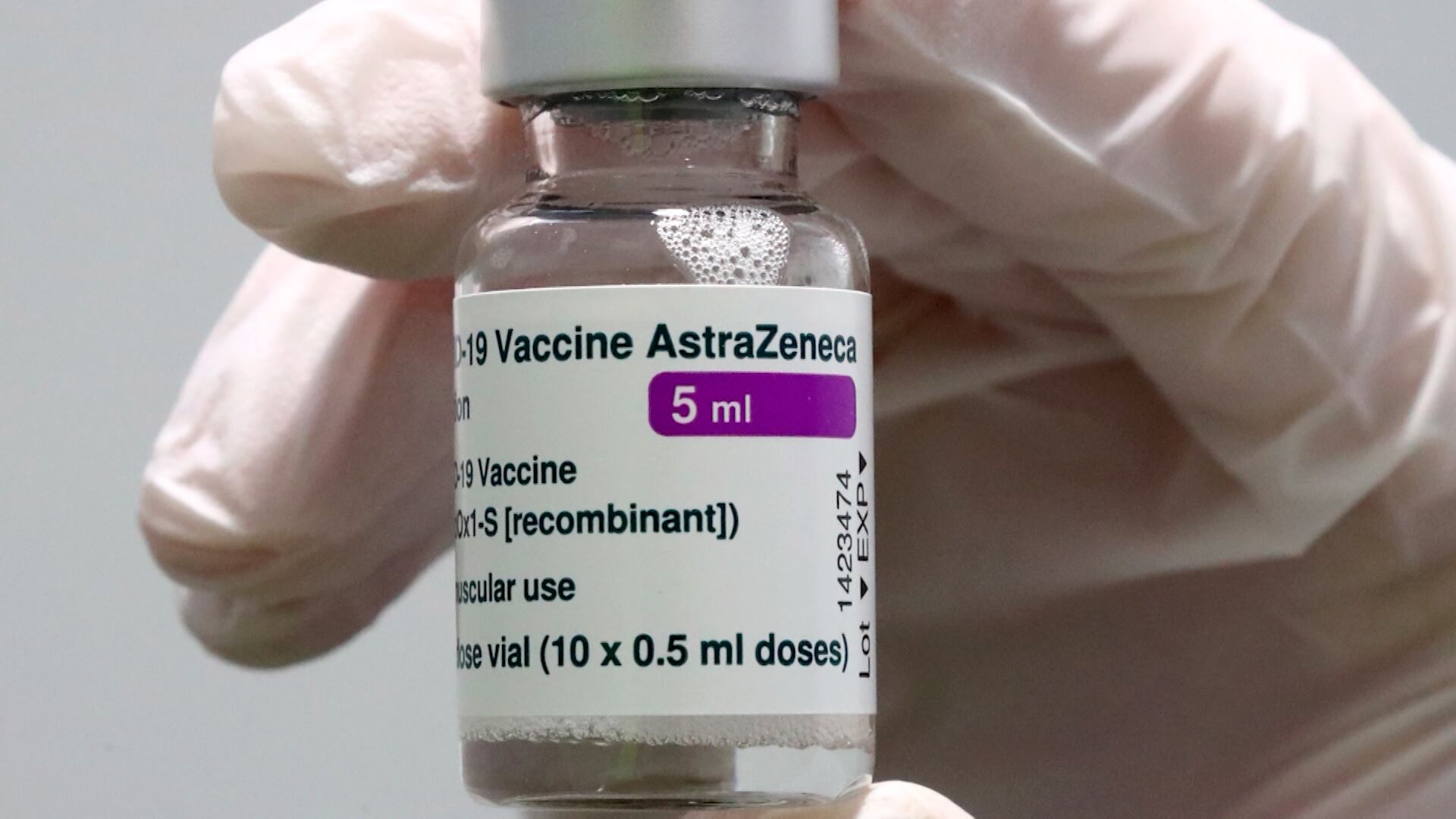By Michael Phillis, Matthew Daly and John Flesher
The Biden administration weakened regulations protecting millions of acres of wetlands Tuesday, saying it had no choice after the Supreme Court sharply limited the federal government’s jurisdiction over them.
The rule would require that wetlands be more clearly connected to other waters like oceans and rivers, a policy shift that departs from a half-century of federal rules governing the nation’s waterways.
Environmental Protection Agency Administrator Michael Regan said the agency had no alternative after the Supreme Court sharply limited the federal government’s power to regulate wetlands that do not have a “continuous surface connection” to larger, regulated bodies of water.
Justices boosted property rights over concerns about clean water in a May ruling in favor of an Idaho couple who sought to build a house near a lake. Chantell and Michael Sackett had objected when federal officials required them to get a permit before filling part of the property with rocks and soil.
The ruling was the second decision in as many years in which a conservative majority on the high court narrowed the reach of environmental regulations.
“While I am disappointed by the Supreme Court's decision in the Sackett case, EPA and Army (Corps of Engineers) have an obligation to apply this decision alongside our state co-regulators,” Regan said in a statement Tuesday.
The rule announced Tuesday revises a rule finalized earlier this year regulating “waters of the United States.” Developers and agriculture groups have long sought to limit the federal government’s power to use the Clean Water Act to regulate waterways, arguing the law should cover fewer types of rivers, streams and wetlands. Environmental groups have long pushed for a broader definition that would protect more waters.
The new rule is highly unusual and responds specifically to the Supreme Court ruling in the Sackett case. Typically, a rule is proposed, the public weighs in and then the federal government releases a final version. This rule changes existing policy to align with the recent Supreme Court decision and is final.
Damien Schiff, a senior attorney with the Pacific Legal Foundation who represented the Sacketts, said the Biden administration properly changed rules to eliminate unlawful criteria to protect wetlands. “Kudos to the agencies,” he said.
Still, Schiff said the rule ignored other ways that the court limited the reach of the Clean Water Act to protect certain streams and ditches. “I think this attempt to keep it vague, whether it is wisely strategic in a political sense, is just not legally sustainable,” he said.
A coalition of business groups was unhappy with the rule, too.
“Even worse, the agencies blocked public input and engagement in the revision process," said Courtney Briggs, chair of the industry group Waters Advocacy Coalition in a statement.
The Supreme Court ruling was a win for developer and agriculture groups. It said federally protected wetlands must be directly adjacent to a “relatively permanent” waterway “connected to traditional interstate navigable waters,” such as a river or ocean.
They also must have a “continuous surface connection with that water,” Justice Samuel Alito wrote.
The court's decision broke with a 2006 opinion by former Justice Anthony Kennedy that said wetlands were regulated if they had a “significant nexus” to larger bodies of water. That had been the standard for evaluating whether developers needed a permit before they could discharge into wetlands. Opponents had long said the standards was vague, hard to interpret and generally unworkable.
Justice Elena Kagan wrote in a separate opinion that the majority’s decision was political, improperly weakening regulatory powers Congress gave the federal government.
The rule issued Tuesday removes the “significant nexus” test from consideration when identifying tributaries and other waters as federally protected.
The amended rule should “provide clarity and a path forward consistent with the (Supreme Court) ruling,'' the EPA said.
Because the sole purpose of the new rule is to amend specific provisions of the previous rule that were rendered invalid by the high court, the new rule will take effect immediately, the EPA said.
Julian Gonzalez, senior legislative counsel with Earthjustice, said the change is likely to weaken protections for ephemeral streams, which only flow after rainstorms and are especially common in the arid Southwest.
Kelly Moser, senior attorney at the Southern Environmental Law Center, said the new rule overturns decades of federal law and practice. “The rule, like the Sackett decision itself, severely restricts the federal government’s ability to protect critical waters including wetlands that shield communities from damaging floods and pollution.”
Reducing wetland protections “while two hurricanes are barreling off our coasts is nothing to celebrate,” she added.
Michael Connor, assistant Army secretary for civil works, said that with publication of the revised rule, the Army Corps will resume issuing jurisdictional decisions that were paused after the Sackett decision. “Moving forward, the Corps will continue to protect and restore the nation’s waters in support of jobs and healthy communities,'' he said in a statement.
In December, the Biden administration finalized its regulations basing them on definitions in place prior to 2015 that federal officials hoped were durable enough to survive a court challenge. They protected many small streams, wetlands and other waters and repealed a Trump-era rule that environmentalists said left far too many of those waterways unregulated.
In recent years, depending on the political party in the White House, the power of the Clean Water Act has varied sharply. The Obama administration sought to enlarge federal power to protect waterways. The Trump administration rolled them back as part of a broader curtailment of environmental regulations.
It's been a political issue, too. Earlier this year, Congress approved a resolution overturning the Biden administration's water protections. Republicans argued the White House had imposed rules that were a burden to businesses and agriculture and the Senate voted in favor 53-43, persuading four Democrats and Independent Sen. Krysten Sinema of Arizona to side with Republicans and vote in favor. Biden vetoed the resolution.
Flesher reported from Traverse City, Mich. and Phillis from St. Louis












